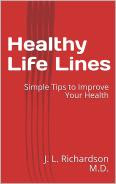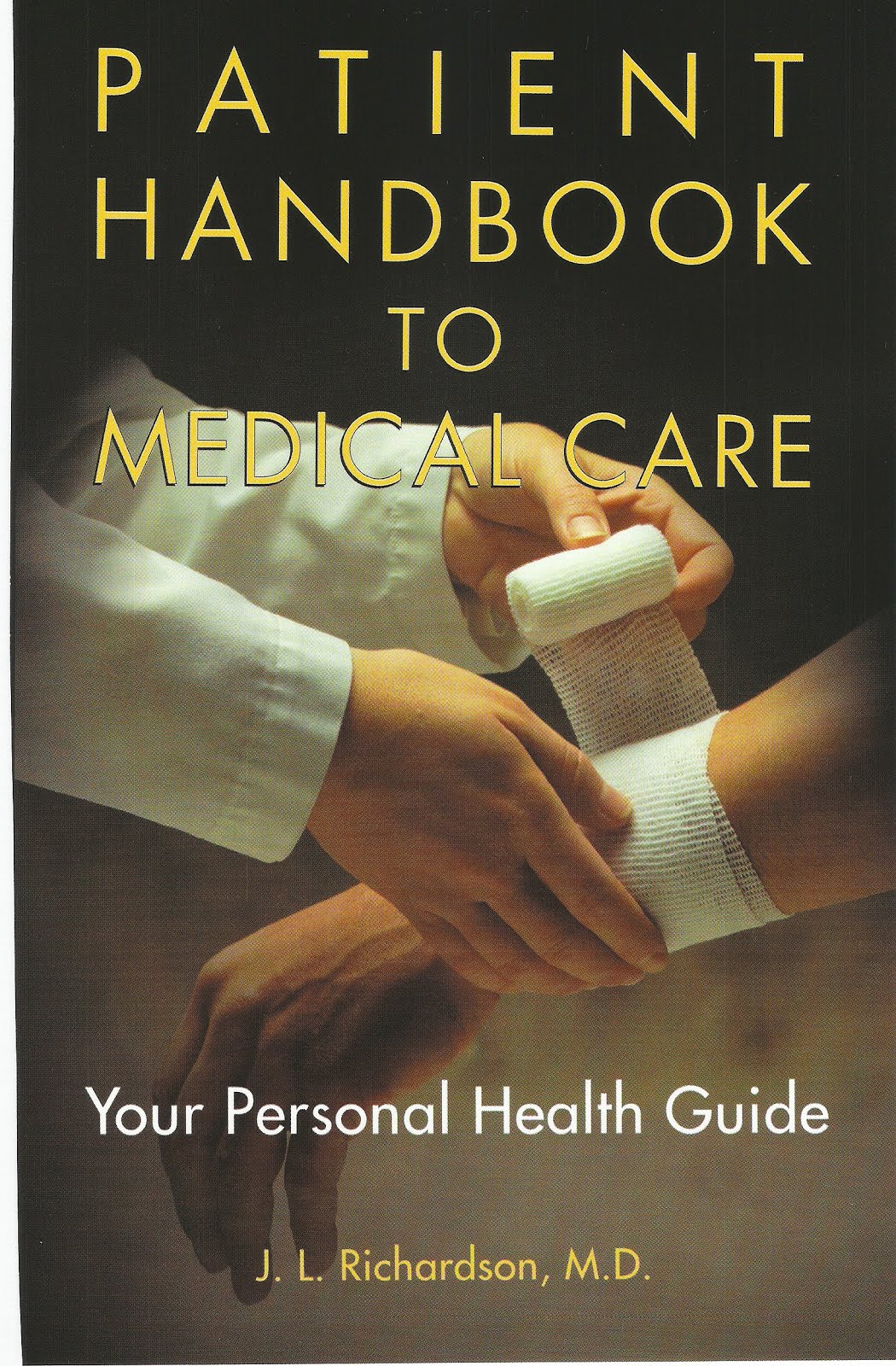- How long has this been going on?
- What have you done for it?
- Have you had it before?
- Where does it bother you?
- How often does it occur?
- What makes it better or worse?
- Are there any other symptoms?
This will be followed by your past medical history (PMH), which includes:
- Diseases you have (high blood pressure, sugar diabetes, arthritis, cancer, depression,
etc.), or have had that are better or gone (including childhood diseases such as
measles, mumps, and inherited disease) - Operations and times you were in the hospital (including accidents)
- Medication, including prescription, over-the counter (don’t forget about vitamins),
natural (garlic, aloe), and herbal - Allergies and reactions to anything and what it did to you (for example: breaking out in a
rash, swelling, itching, upset stomach, etc.) - Smoking, alcohol, drug use (how much, how often)
- Shots (childhood, flu, last tetanus, etc.)
- Sexual (active, using protection, number of partners, diseases)—in females this will also
include menstrual period, pregnancy, last mammogram, and Pap test - Family history (conditions that run in family
such as cancer, high blood pressure, etc.) - Social history—your job or jobs; family; marital status; living arrangement (house,
apartment, alone, etc.); transportation (drive self, public transport, walk); ambulation
(use walker, wheelchair); disability (deaf, blind, amputee, etc.); religion, ethnic customs, and traditions
Writing or typing this information is a sure way to keep all of your PMH http://bit.ly/f8FZ55 . Make a copy for your doctor. While talking you both can refer to this vital source of health information.
Best health!


